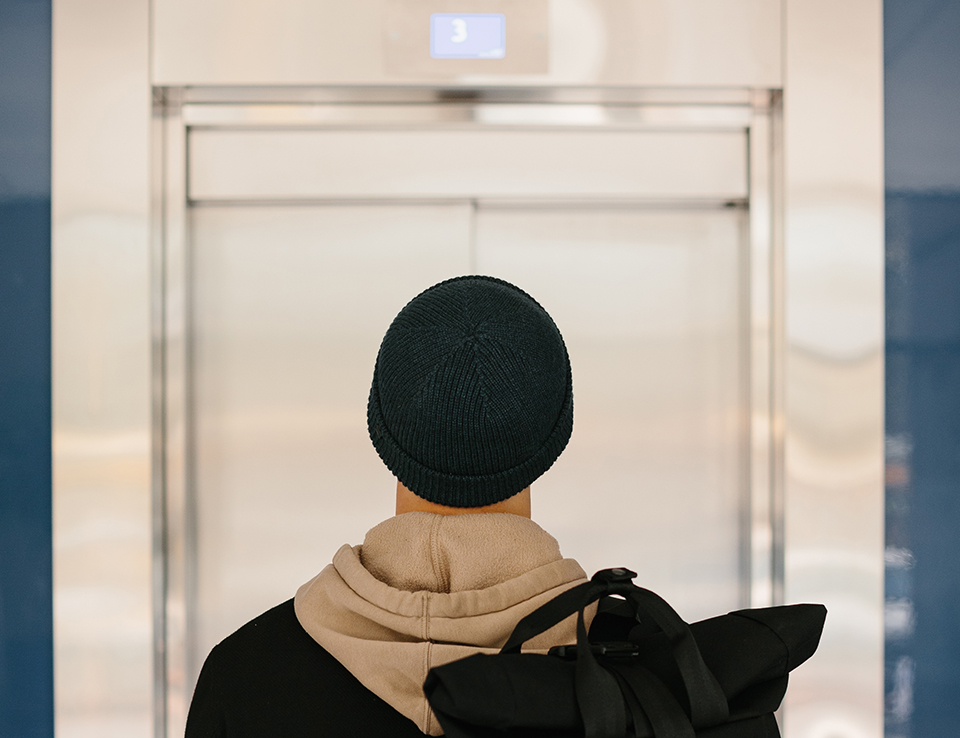
2024.04.12
Different roles in the elevator and escalator industry
Working with elevators and escalators means an exciting and varied everyday life. Depending on your interests, you can choose to specialize in different areas. There is also the opportunity to work in a broad role where no two days are the same.
The roles surrounding the installation and service of elevators are as follows:
Seller
When a new elevator is to be installed, the salesperson is often the first point of contact within the company. They can sell new installations, modernizations, service contracts or other jobs that are not covered by the service contract.
Processor
Then a processor takes over. This is an expert on the range and can recommend products as the customer may have different requirements and wishes. The processor's task is to produce a drawing, order doors, car and other things that are needed and plan for them to arrive simultaneously from different factories. The processor is involved in both modernization work (see MOD) and the installation of new elevators.
Supervisor
A supervisor is responsible for the workplace and safety. He or she often accompanies the fitter (see below) on a job and reviews the work to be carried out, safety and other work environment aspects. They are also responsible for ensuring that the work is completed on time and to a high standard.
Fitter
An installer installs the lift on site. Often there are two of them initially and when mainly electrical connections remain, one installer on site is sufficient.
COURAGE
MOD stands for modernization and includes those working to update or completely replace elevators to today's standards.
Troubleshooter
A troubleshooter troubleshoots an elevator that is not working properly, repairs the elevator, replaces broken or outdated components, and performs minor repair work.
Repairer
A repairman repairs larger components on an elevator or escalator.
Field Engineer
A field engineer is responsible for installing and replacing frequency controls and control computers. These need to be adapted to each location and specify, for example, the number of floors, which floor is the entrance floor, and so on. A field engineer also helps troubleshooters with more advanced jobs.
Support
Support can answer questions from another location, for example, where a fitter or field engineer calls for advice.
Technical specialist
A technical specialist ensures that service is carried out correctly.
Product Developer
A product developer develops new products, spare parts or entire elevators and a product tester tests whether the products are suitable for installation at the customer.
Inspector
The inspector arrives when the installation/renovation work is complete and then carries out an annual inspection of the lift to ensure that the ropes are not worn and that the safety functions are working. The lift company assists with the inspection with a service technician (see below) who has a key and access.
Service technician
Property owners need a company that takes care of the elevator and this service usually includes service, on-call service and assistance with annual inspections. This work is carried out by a service technician who 3-4 times a year ensures that the elevator is oiled, that no debris is stuck, that worn parts are replaced and that the machine is working properly.
Escalator technician
An escalator technician performs service on escalators. Often you have an area of escalators that you visit several times a year for adjustments, lubrication, and replacement of cams, lights, and signs. The escalator technician is also responsible for installing new escalators and modernizing existing escalators.
